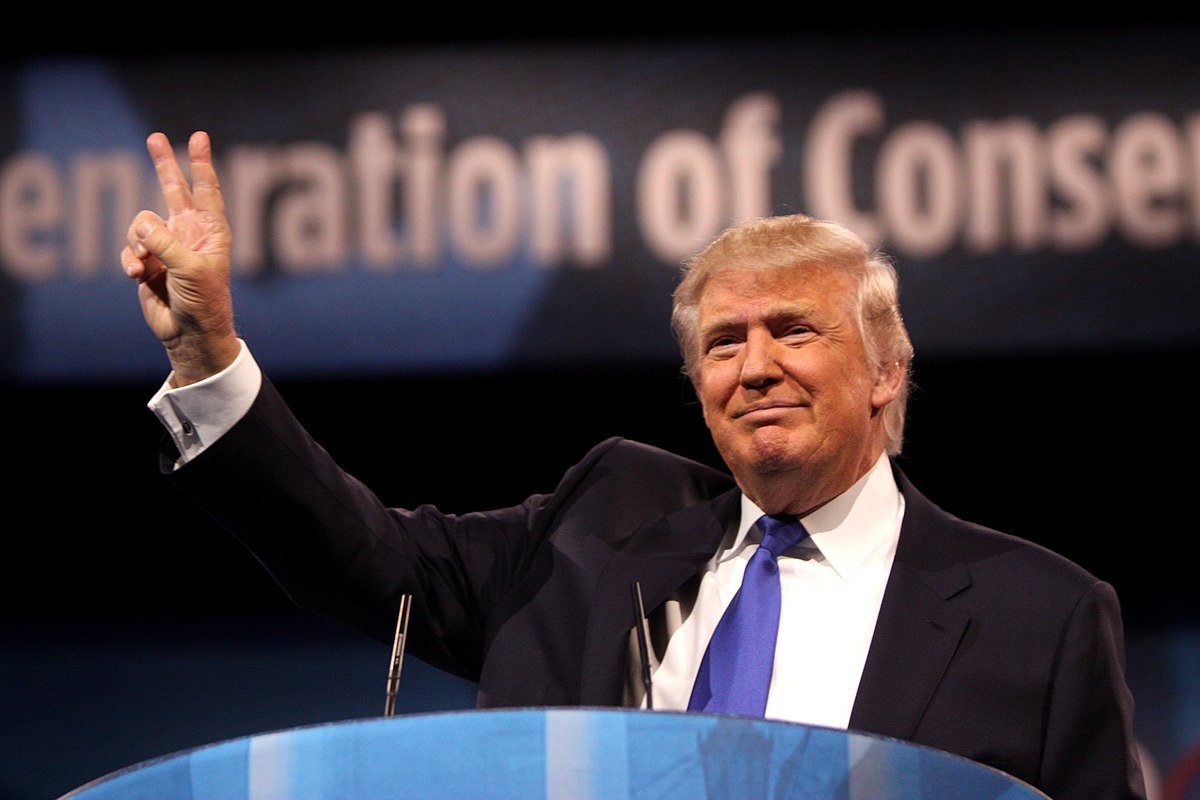Photo credit: Wikimedia Commons
Context:
Peace agreements are not achieved by boasting about policy successes that have not yet happened and weakening relationships with strategic allies. Peace science points to more effective roles mediators and negotiators can play to achieve durable peace.
In the News:
“By boasting about policy successes that have not yet happened, the president not only risks embarrassing himself but also puts undue pressure on his point person. This invariably gives leverage to the North Koreans, as well as to the Chinese should we need to call on them for help. It also runs the risk of settling for less at the bargaining table than originally sought.”
“However disappointing the results of Pompeo’s trip are, the administration is not yet ready to walk away from diplomacy if for no other reason than Trump wanting to achieve that which he has already taken credit for. But realistic strategies have been blocked off by the moves of a president who lacks any broader strategy for Asia or for U.S. allies and instead blunders from conflict to conflict, leaving a trail of collateral damage. For example, the smart play now would be to call in favors with Beijing for having logged three trips to Pyongyang. Beijing wants to see negotiations in good faith, and usually such outreach would give the United States leverage to demand that more negotiations on its part should be backed up by greater economic pressure by Beijing on its sole formal ally. But now that the United States is in a full-blown trade war with China, Beijing has little if any reason to do the country favors.”
Insight from Peace Science:
- Peace agreements mediated with credibility leverage last over twice as long as agreements without credibility leverage.
- Capability leverage is most effective to facilitate the signing of a peace agreement.
- Credibility leverage is most effective at generating durable and longer lasting peace after the agreement
A mediator’s utility and success depend on the tools they possess. The “carrot and stick” tools of a powerful country’s diplomacy branch are much more commanding than a small international organization, and often carry more weight than a UN delegation. However, if a smaller, less powerful mediator has the respect and trust of the various conflict parties and an intimate knowledge of the conflict, thus possessing credibility leverage, research shows their mediators can help shape a more durable peace agreement.
References:
- “Trump’s Deal Is All Show, No Reality in Pyongyang” By victor Cha for Foreign Policy. July 10, 2018
- Peace Science Digest Volume 1, Issue 3 “Types of mediator leverage and the strength of peace agreements“

